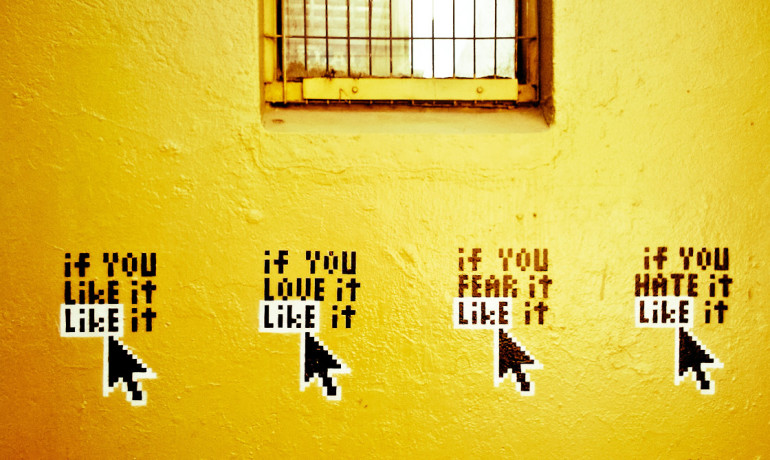"If you’ve ever thought about quitting Facebook, you’re not alone. Maybe you’ve even shut down your account, swearing never to return, only to log back in a week later.
A newly published study in the journal Social Media + Society points to four themes that significantly influence the odds of returning to Facebook.
“These results show just how difficult daily decisions about social media use can be,” says Eric Baumer, an information science and communication researcher at Cornell University.
People who leave social media and then return, what the study authors term “social media reversion,” provide the opportunity to understand better what’s at stake when people use—or don’t use—sites like Facebook.
Using survey data provided by 99daysoffreedom.com—an online campaign that encouraged participants to log off Facebook for 99 days—the researchers homed in on those who made the pledge but ultimately couldn’t resist Facebook’s allure.
4 FACTORS THAT KEEP PEOPLE HOOKED
Perceived addiction: Those who feel that Facebook is addictive or habitual were more likely to return, according to the group’s research. One participant described this habitual aspect by saying, “In the first 10 days, whenever I opened up an internet browser, my fingers would automatically go to ‘f.'”
Privacy and surveillance: Users who felt their Facebook activity was being monitored were less likely to revert, while those who use Facebook largely to manage how other people think of them are more likely to log back in.
Subjective mood: In a good mood? You’re less likely to renege on your pledge to stay off Facebook.
Other social media: The group found that Facebook users were less likely to log back in if they had other social media outlets—like Twitter, for instance. Those who reflected on the appropriate role for technology in their social lives were more likely to revert. In many of these cases, people returned to Facebook but altered their use, for example, uninstalling the app from their phones, reducing their number of friends, or limiting the amount of time spent on the platform.
“In addition to concerns over personal addiction, people are reluctant about corporations collecting, analyzing, and potentially monetizing their personal information,” says Baumer.
“However, Facebook also serves numerous important social functions, in some cases providing the only means for certain groups to keep in touch. These results highlight the complexities involved in people’s ongoing decisions about how to use, or not use, social media.”
The team’s findings are based on more than 5,000 surveys issued to participants by Just, the Dutch creative agency that founded the 99 Days of Freedom project. These surveys were sent to project participants on days 33, 66, and 99 and were intended to gauge each user’s mood throughout the Facebook detox.
A sampling of this data was then shared—with permission from Just and the survey respondents—with the researchers".
Fuente: www.futurity.org
